You might wonder why Christians would use the term synagogue instead of church. It’s certainly counter-cultural, but we think we have good reason.
The word comes from the Greek synagōgē (συναγωγή), meaning “assembly” or “a bringing together.” The original Hebrew term is Beit Knesset (בית כנסת), literally “house of assembly.” This reflects the same communal concept as the Greek term.
The word “church” comes from the Old English words cirice or circe. These, in turn, derive from the Proto-Germanic kirika, itself borrowed from the Greek kyriakon, meaning “of the Lord.”
The question is, which Lord? Presumably, it’s a reference to the Roman Catholic version of Jesus, which is not the same as the Jewish Messiah, Yeshua, as represented in the Gospels and the Book of Revelation.
Some in the Hebrew Roots community have taught that church derives from Circe (Greek Κίρκη), a figure in Homer’s Odyssey whose name is likely rooted in a word for “falcon,” reflecting her parentage by the sun god Helios. At the current time, we have not found compelling evidence that this is true. Should strong evidence come to light, we will be especially glad to have avoided using the term.
Messianic believers have used the word synagogue since the first century A.D., and we find no reason to substitute that word for a more recent one further removed from the biblical Hebrew.

We also appreciate the word ekklesia (ἐκκλησία), meaning “assembly” or “called-out ones.” In Greek manuscripts of the New Testament, this was the word used for Christian gatherings.
During the creation of the King James Version of the Bible, King James I instructed his translators to retain the familiar ecclesiastical term church rather than render ekklesia as “assembly” or “congregation.” By so doing, he ensured that the text reflected and upheld the unity and hierarchical order of the national church of England.
Prior to that, William Tyndale had purposefully avoided the term church, opting for congregation to emphasize the communal nature of ekklesia. His choice was driven by a desire to distance the New Testament community from the institutional Roman and English churches.
We applaud Tyndale’s efforts, vain though they ultimately were.

Disciples of Yeshua Congregation (DOYC) was born out of a shared desire for authentic fellowship and faithful teaching within the Hebrew Christian tradition. In the wake of a difficult season at a Messianic synagogue in Georgetown, several families found themselves without a spiritual home. With no similar congregations nearby, a former elder reached out to Alexander Lawrence—then a worship leader and assistant preacher—to help establish a new gathering rooted in Scripture, humility, and community. Although he had not been seeking such a role, he prayerfully agreed to serve as a non-vocational minister.
Alongside two other founding families, Alexander and his wife, Amanda, launched DOYC as a house fellowship in rural Taylor, Texas, in late 2020. The COVID-19 pandemic couldn’t stop them; instead, it helped forge a tight-knit community where worship and fellowship thrived in a warm, family-like environment.
For nearly two years, the congregation met weekly in that space. When the homeowners could no longer host due to health concerns, DOYC paused its weekly Sabbath services but continued to gather for the mo’edim (appointed times). In September 2023, the Lord graciously opened a new door through the generosity of St. Philip’s United Methodist Church in Round Rock, where DOYC relaunched on Yom Teruah—a day that felt providentially timed for a new beginning.
While we remain a small, close-knit family, we are full of optimism for what’s to come. We are prayerfully asking the Lord to expand our family and bring us new brothers and sisters dedicated to helping us grow into a more influential assembly, ready to embrace new opportunities for teaching, service, and outreach.
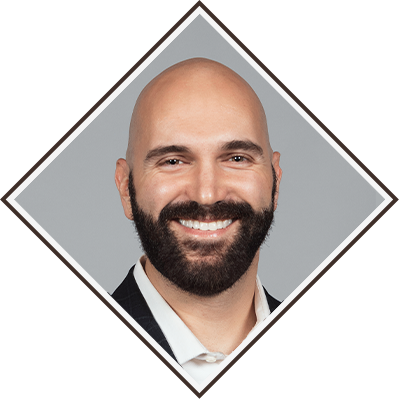
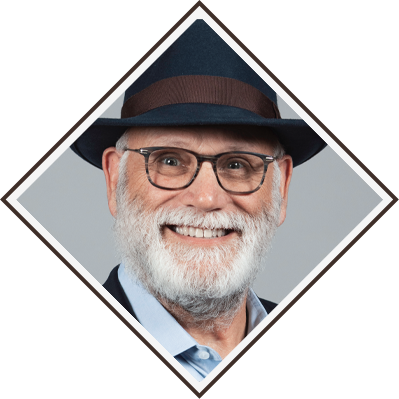
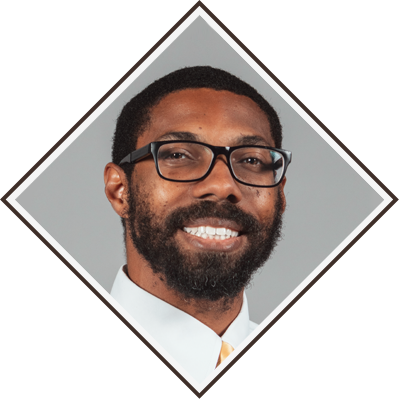
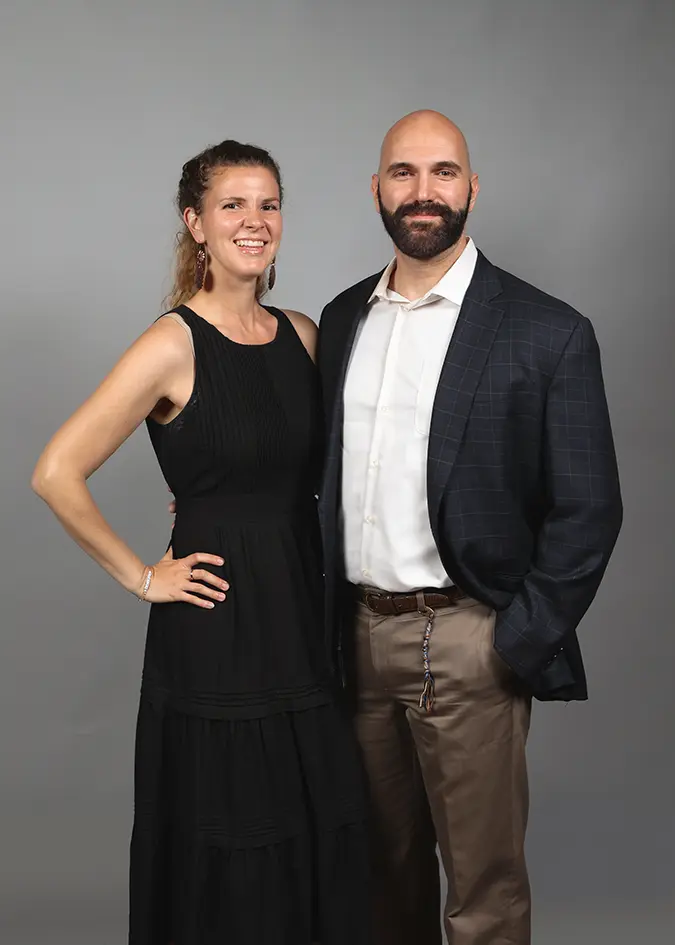
Alexander and Amanda met in 2011 in Reisterstown, Maryland, and married on August 31st, 2013. They have been “whole Bible” Christians since 2014, observing Yahweh’s Sabbaths and annual appointed times as best they can.
Alexander spent most of his professional career as a 3D artist, and has recently launched a faith-based animation studio called Remnant Studios. He is the author of Leviathan’s Ruse: The Comprehensive Guide to the Battle Between Good and Evil, and he’s currently working on a reference book called The Prophecy Cheat Sheet. His personal teaching channel on YouTube is Watchman Alexander, and his podcast (which he co-recorded with Terry Arnold) is Searching the Scriptures with Watchman Alexander. He has taught theology at Christian conferences and on numerous talk shows and podcasts, as well as in a handful of churches.
Amanda is a native of Baltimore, Maryland. She has held careers in restaurant management and in the anti-trafficking field. Apart from work, she led a strip club outreach for eight years to bring encouragement (and snacks!) to the ladies working in the sex industry. At her former church, Amanda led small groups and worship teams. She currently hosts monthly discipleship dinners for ladies.
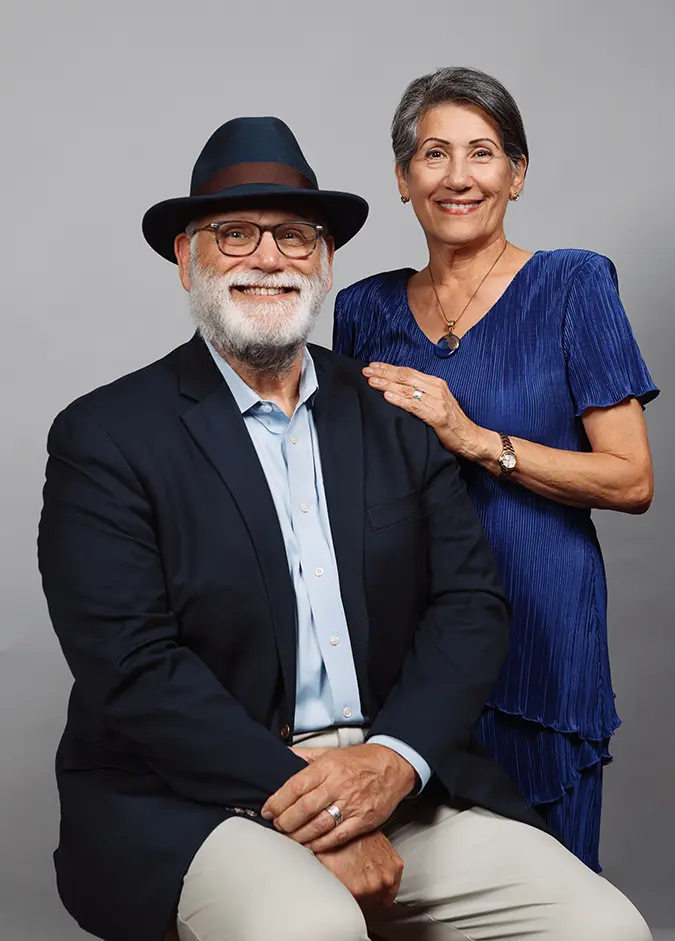
Bill and Gerrianne were drawn together by their mutual appreciation for praise and worship, and were married in 2021. They have almost a century of combined years walking with the Living Torah, and several decades of pursuing lives walking in the written Torah.
Altogether, they share five sons and daughters, five bonus sons and daughters, nineteen grands and bonus grands, and six great-grandchildren, scattered among Texas, Colorado, and Washington.
Bill is a Senior Project Manager for a nationwide land development company, and a licensed Civil Engineer. Gerrianne is a retired licensed Social Worker who serves on the board of the Texas Alliance for Life. She is also a Senior Chaplin serving as a State Director for a chaplaincy organization (originally founded by her brother), and she actively engages in pro-life efforts—particularly those focused on her passions for adoption and attending to women in crisis.
Together, Bill and Gerrianne have a street ministry, Shofar Show & Tell, on the square of the historic Williamson County Courthouse. Via that ministry, they share the sound of the shofar and encourage others to hear and respond to the voice of their Creator.
“Teach me your way, Yahweh. I will walk in your truth. Make my heart undivided to fear your name.” -Psalm 86:11 (WEB)

Terry and Danielle Arnold met during their undergraduate time at Duke University. Terry, a Dallas-Fort Worth native, and Danielle, a Houston native, now live in Austin together with their three children, Langston, Lana, and Lawson. Terry’s mother Connie and brother Timothy also reside with them.
Terry is a software engineer and Bible enthusiast, and Danielle is a pediatrician and community activist. Together, they support several nonprofits in Austin, and their family serves together at Round Rock Church of Christ. Terry holds the role of Deacon of Prayer at RRCoC. Both Terry and Danielle serve the Creator faithfully in a complimentary fashion, building the kingdom one irregularly scheduled day at time.
Terry has been on the Hebraic walk since 2016 and has appeared alongside Alexander Lawrence on many podcast episodes of Searching the Scriptures with Watchman Alexander. Danielle has had a vibrant walk with God through traditional Christendom and is a Pediatric Hospitalist with Dell Children’s Hospital. She is a community advocate through organizations like Austin’s Black Physicians Association and Black Mama’s Village. She served for a time on the board of Mother’s Milk Bank of Austin.
Terry and Danielle are both alumni of AALI, the African American Leadership Institute of Austin.